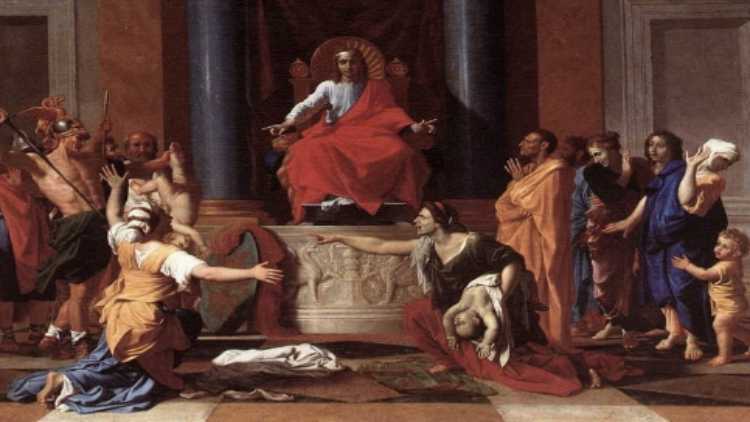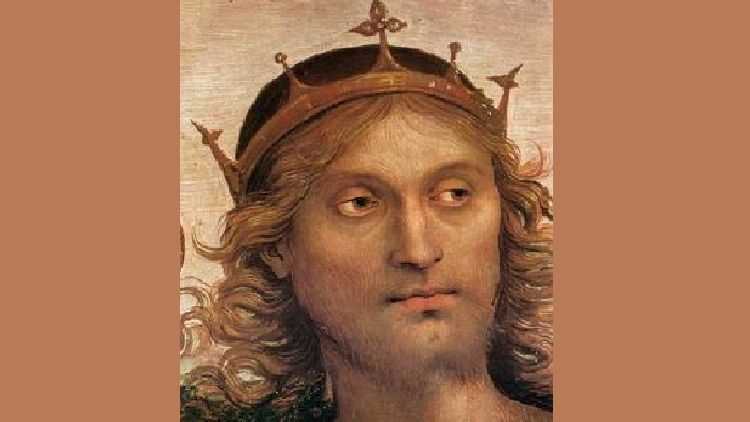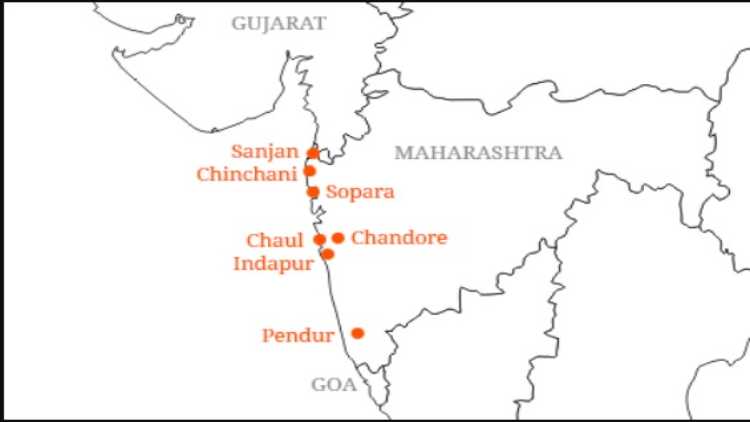
Ranjan Mukherjee
As a young person visiting Israel in the nineties for the first time, my problem on alighting from the plane in Jerusalem was to find out where the vegetarian food was available. A Jewish co-traveller took me to the markets where meat was sold.
It was a Friday. We were trying to locate a place where I could find vegetarian food. I asked him If I could get some vegetables. He said, “On Fridays, we, Jews, eat pure vegetarian food cooked in utensils in which meat has never been cooked. Friday is our holy day.”
Suddenly, it came to my mind and he said that “The idea of not eating meat on a day per week, may have come from India. The Old Testament says that sandalwood and gold for the construction of Jerusalem also came from India.”

King Solomon
The long forty-year reign of King Solomon over Israel was prosperous and peaceful. He had extensive commerce with Ophir. His imports were on such a lavish scale that he is said to have made silver as common as stones in Jerusalem. He maintained a fleet of ocean-going ships bringing “gold silver, ivory, apes and peacocks” (Bible, I Kings, 22) from Ophir (variant Sophir). Ophir is a port or region mentioned in the Bible as famous for its wealth. King Solomon received a cargo from Ophir every three years.
India’s connection to Jerusalem is pretty old. It goes back to BC (Before Christ). There are several research-based pieces of evidence that prove this link. The Hebrew word for peacock is tukhin which is tokal in Tamil. There were no peacocks in Jerusalem and Hebrew had no word for a peacock. This makes it clear that Indian (Tamil) merchants were carrying on trans-oceanic trade with Jerusalem.
Peacock is the mount of Kartikeya, the General of the Gods, and symbolises divine protection of the State. The identification of Ophir (Sophir) has been uncertain. Sophir is Surparaka (modern Sopara) a famous seaport on the western coast of India, 37 miles north of Mumbai. It is four miles northwest of Bassein where an Asokan edict was discovered. It is mentioned in the Mahabharata, Bhagwad Gita, Periplus (2nd century AD), etc.
An extensive gold-mining industry existed all over South India. Captain Leonard Munn writes in Man in India, “over the vast area of ancient workings in Rhodesia the method of mining and reduction of the gold quartz is identical with that of South India. Extensive areas of forest occur in the vicinity of the old Rhodesian gold workings consisting of trees and plants not indigenous to Africa, but having their home mostly in South India.

Sopora port shown in an ancient map
It is especially noted that the vast area over which these trees and plants have now spread is a clear indication of the very early date of their introduction into Rhodesia. “There is a Tamil saying that crosses the oceans to earn money. TheSilappadikram says that there was a shrine devoted to the Moon in every capital of the Tamil land.
‘The shrines dedicated to the Moon were to guard the trans-oceanic merchants. The waxing of the Moon has fatal effects on the waves of the oceans that toss the ships in deadly turbulence. The Moon was invoked to ensure safety across the seas. Siva as Somanatha or Lord of the Moon was worshipped for safety on the sea lane.
As early as the first millennium BC the Indians (Tamils) were trading with Jerusalem and made it the resplendent capital of Solomon’s empire. To this day, it is the sacred city of three major religions of the world – Judaism, Christianity and Islam - with a deep connection with India.
(Ranjan Mukherjee is a retired IAF officer)
